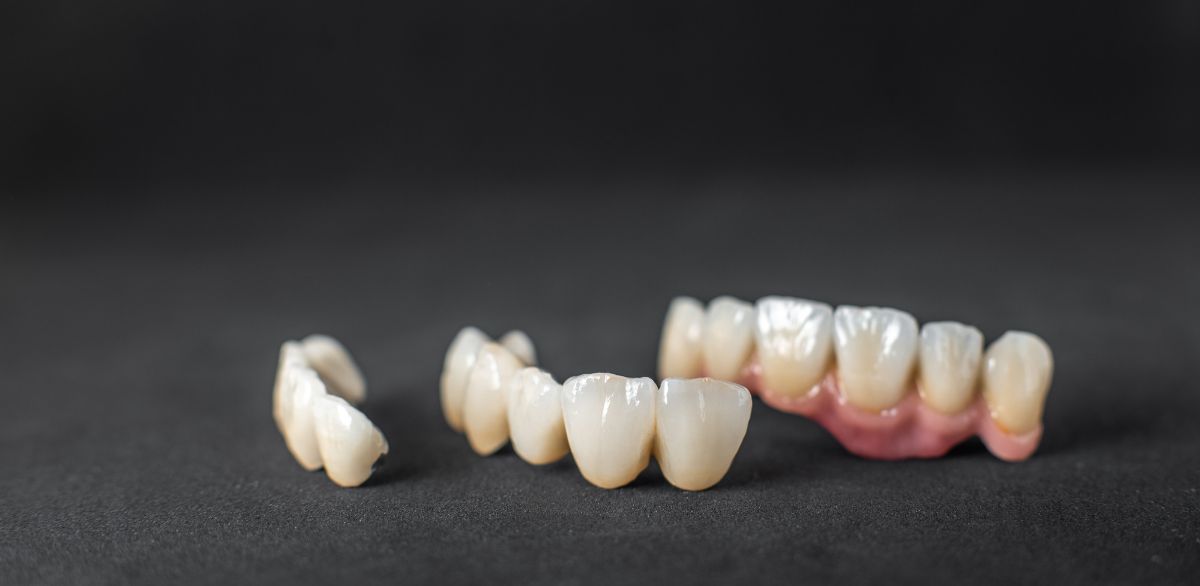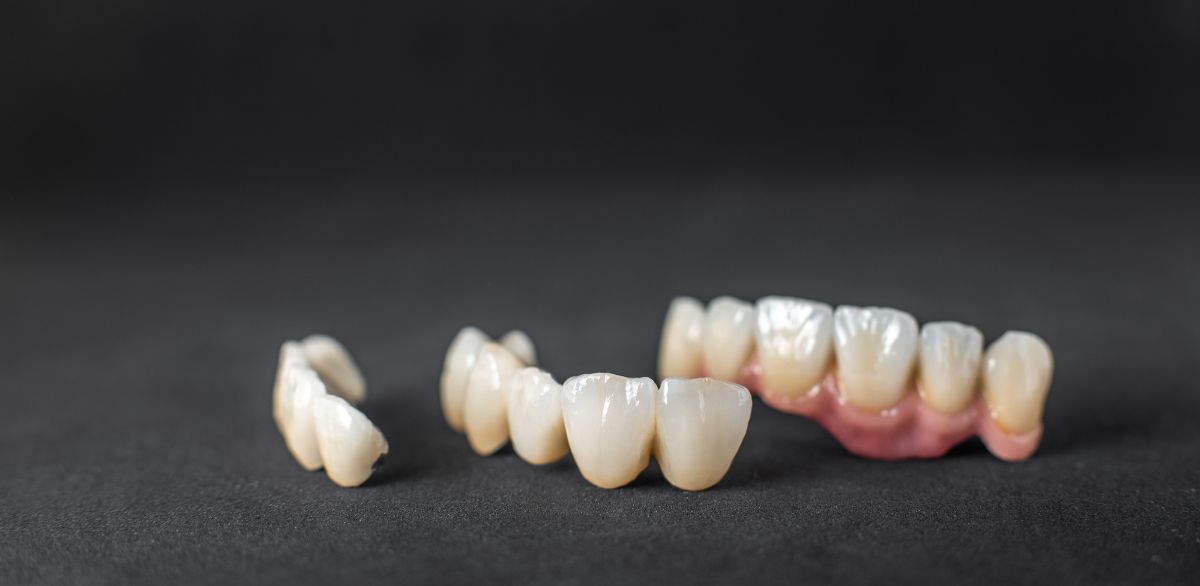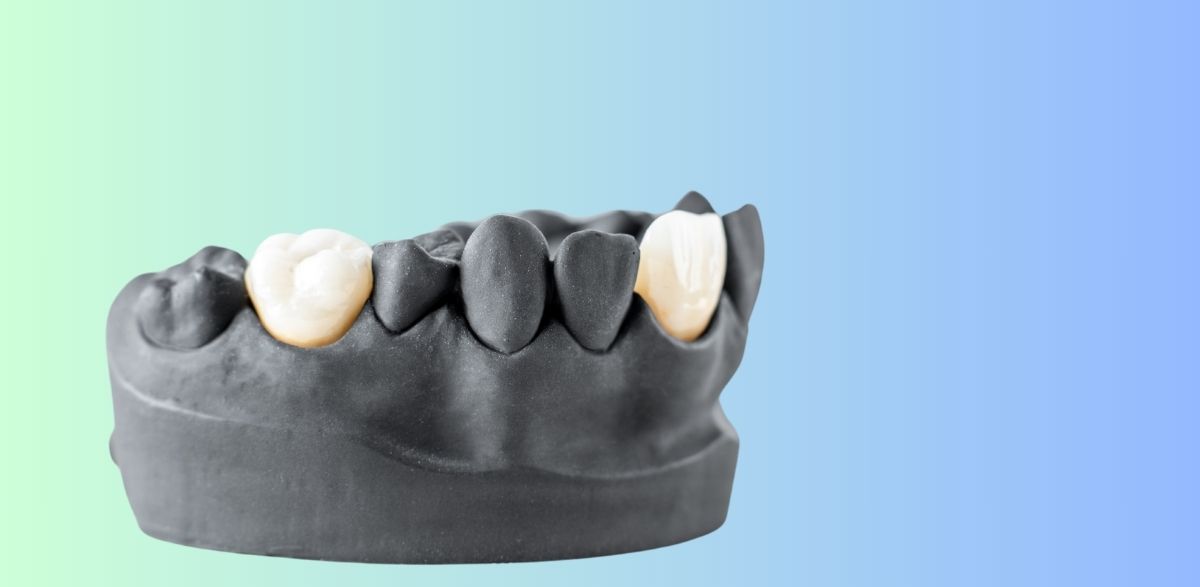
A crown is more than a restoration; it’s an investment in your smile that is meant to protect and support a compromised tooth. However, to extend the lifespan of a new crown, good maintenance is necessary.
From oral hygiene to lifestyle change, knowing the right practices can make a huge difference to your crown’s functionality and appearance in the long run. Are you sure about how to take care of and keep your new crown in shape? If not, this blog is for you.
How to Care for a New Dental Crown?
1. Always Be Regular With Your Oral Hygiene
Although the dental crown Grants Pass is synthetic, the underlying tooth and the gums that surround it require proper oral care.
- Use a soft-bristled toothbrush and fluoride toothpaste, and brush twice a day to sweep away plaque without eroding the surface of the crown.
- Floss carefully around the crown to prevent plaque accumulation where the crown meets the gum line. Use water flossers or floss threaders if you have trouble using regular floss.
- Daily rinse with an alcohol-free antibacterial mouthwash to reduce bacteria and maintain healthy gums.
2. Take Extra Care of What You Place on Your Plate
Your diet plays a significant role in determining the longevity and condition of your crown.
- Avoid hard foods such as ice, hard candy, and unpopped popcorn kernels that can chip or crack your crown.
- Avoid sticky foods such as caramel, taffy, and chewing gum, which can pull on the crown and loosen the cement.
- Avoid excessive snacking on sweet foods, as this can lead to degradation at the crown margins.
3. Save Your Teeth from Grinding (Bruxism)
Bruxism is a frequent but lesser-known cause of crown failure.
- Be on the lookout for symptoms such as morning jaw pain, headache, or worn-down teeth—these are signs of grinding at night.
- Use a custom night guard if you grind your teeth at night—it helps preserve the crown and prevents damage.
- Assist in reducing daytime clenching through stress relief techniques such as deep breathing, yoga, or gentle exercise.
4. Be Regular With Your Dental Visits
Regular professional visits are necessary to take care of your crown and the surrounding teeth.
- Visit your dentist every six months for cleanings and comprehensive exams.
- Have your crown inspected for chips, wear, or gaps that may compromise the tooth beneath.
- Early signs of problems like gum recession or decay under the crown permit correction before complications set in.
5. Know the Normal Crown Problems
Knowing what to expect—and what to watch for—will enable you to fix problems quickly if something doesn’t seem right.
- Cold or heat sensitivity is normal after they’re placed; if necessary, use desensitizing toothpaste.
- Crowns can’t be bleached, so whitening should be done ahead of time, before a crown, to get a good color match.
- If your crown ever feels loose, uneven, or uncomfortable, have your dentist take a look as soon as possible and make an adjustment.
6. Avoid Destructive Habits
- Smoking contributes to gum recession and increases the risk of infection around the crown.
- Drinking too much alcohol weakens the bonding materials that secure the crown and damages your mouth. This can interrupt your saliva flow.
- Don’t use your teeth as tools, bite your nails, or chew pens—these will loosen or crack your crown.
Your crown is designed to restore both form and function, but your lifestyle habits ultimately determine how well it performs in the long term. When you practice good hygiene, eat a balanced diet, and make smart lifestyle choices, you can make your crown last longer. Regular dental checkups and proper maintenance of a new dental crown are essential for avoiding future problems. By taking proper precautions, you can prolong the lifespan of your crown and smile confidently.


